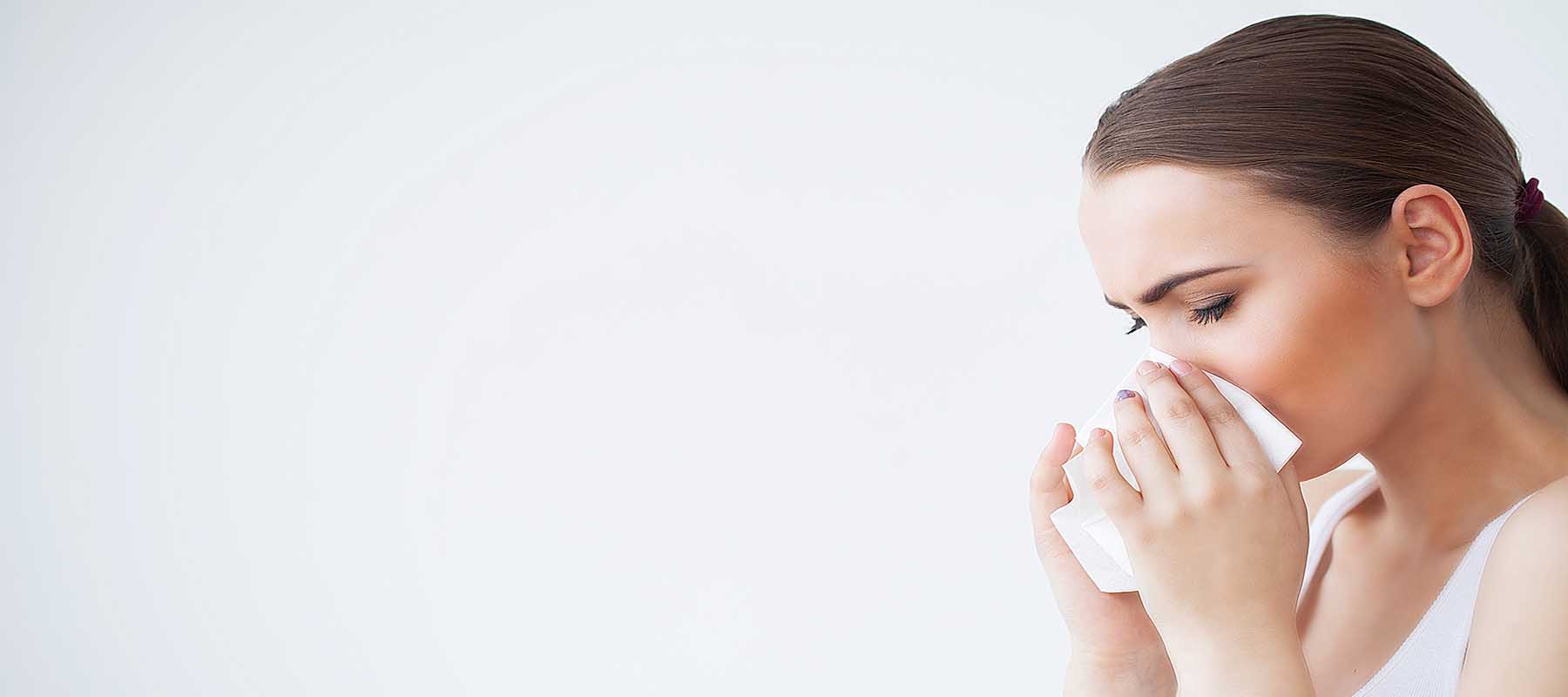The recent salmonella outbreak from ground turkey has food safety front and center in the news again. It also raises the old debate about how to disinfect food preparation surfaces in the kitchen to prevent cross-contamination. One of the most important things is to properly clean your cutting board.
I personally use wooden cutting boards. I keep two in my kitchen. If I am preparing meats, they go on one board, and “not meat” goes on the other board. I do the same with my cutting knives. Now, I am not some germ-phobic person, this is just the common sense way I was taught to cook many many years ago by my mother. It also makes it much easier to clean your cutting board when you know what has been on it.
There have been some interesting studies about the safety of wood versus plastic cutting boards. Consumer Reports has a good article that states research shows that either wood-cutting boards or plastic-cutting boards can be safe.
I wash my boards in much the same fashion as described in the study, with hot tap water, a sponge, and dishwashing soap. Instead of using sodium hypochlorite (regular bleach), I use Vital Oxide, which is a much safer antimicrobial spray. Instead of using sodium hypochlorite to kill, it uses chttps://allergystore.comhlorine dioxide.
It won’t take the color out of my dishrags or kitchen rug if a little splash on it. Also, Vital Oxide doesn’t have the harsh bleach smell and won’t cause respiratory problems the way bleach can. But it sure does kill bacteria and viruses. Although the FDA has approved Vital Oxide for a “no rinse” application around food surfaces, I still rinse the boards after I have sprayed them down.
I guess old habits die hard.
The Allergy Store
